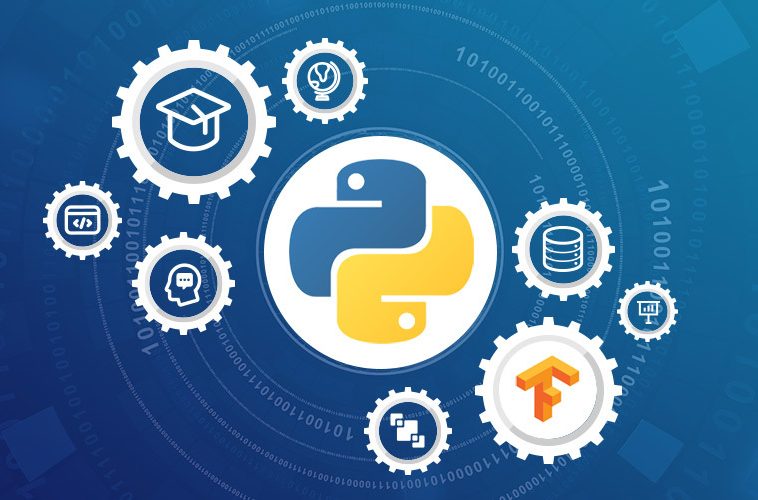Machine Learning training in Bangalore
Without being explicitly programmed machine learning course provides the computer the ability to learn. Computer Programs development changes when exposed to new data. Python is the most powerful language in the marketplace.
The objective of the Course:
Holistic understanding of machine learning is the objective of Machine Learning course, covering theory, learn deep learning algorithms using Python.
TARGET AUDIENCE:
- Data Science professionals
- Data Scientist
- Data Analyst
- Fresher from Mathematics, Stats and Engineering backgrounds
- Statistician

